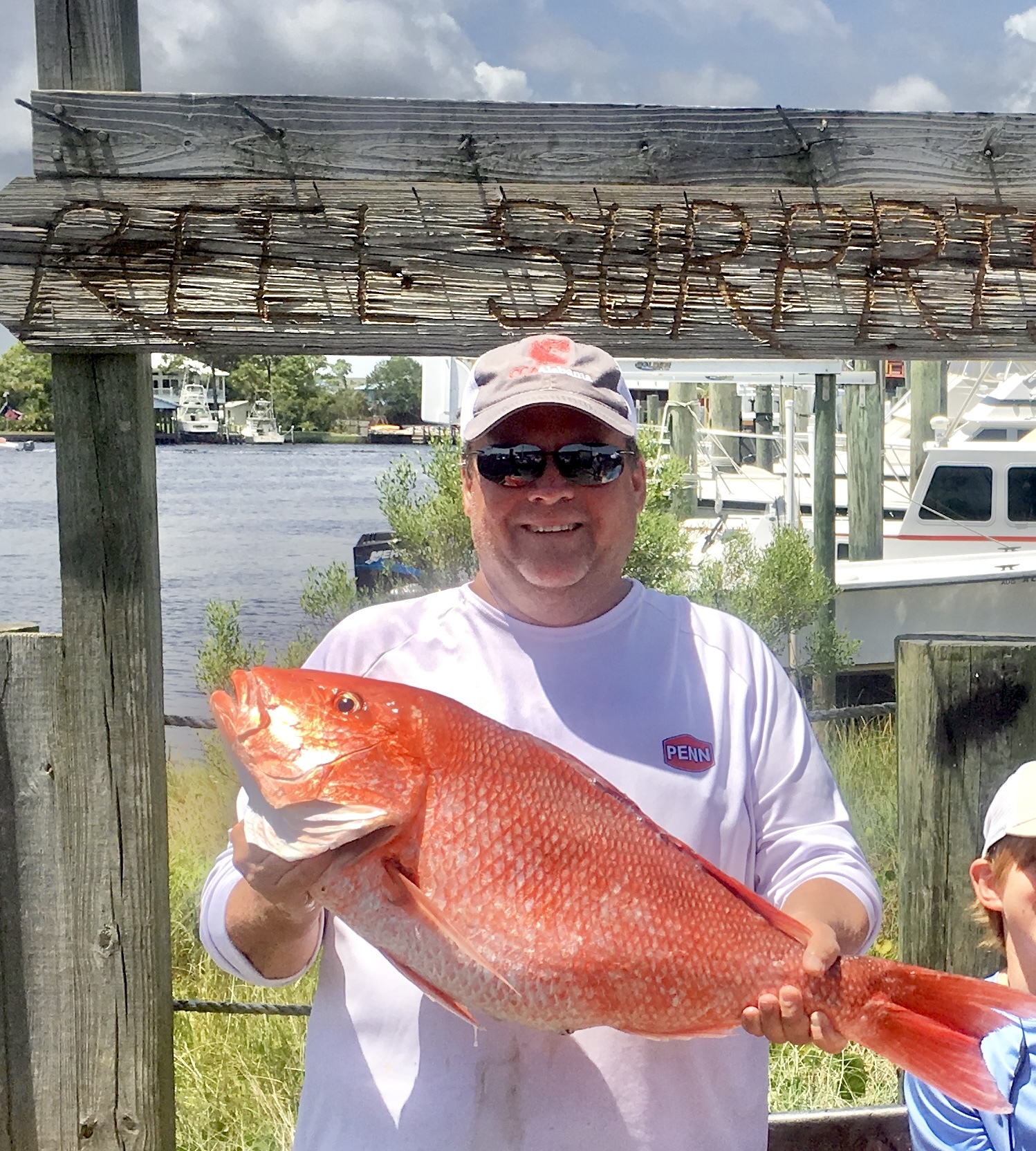
Bureaucratic Glitch Threatens Snapper Season
Posted on April 12, 2021
Bureaucratic Glitch Threatens Snapper Season - By Kirk Patterson, Chairman - CCA Alabama Government Relations Committee
Spring has arrived. Just a few more weeks of school before families fill boats and head out from ports across the Gulf of Mexico to fish and enjoy the warm weather and waters … and catch a few red snapper for the grill.
Alabama anglers, and those in our neighboring Gulf states, have enjoyed longer, more consistent snapper seasons over the last four seasons thanks to State-based management programs like our Snapper Check and Mississippi’s Tails n’ Scales. These programs were developed with the help of the federal government and are, by all accounts, providing superior information on fishing effort and catch than the outdated and inaccurate federal program they replaced.
Recently, using funds Senator Richard Shelby helped secure, a coalition of leading biologists from across the Gulf released the results of the Great Red Snapper Count, showing about 110 million red snapper across the Gulf—three times more than what NOAA Fisheries estimated.
This great news should have anglers celebrating. Finally, the data are reflecting the abundance they have been seeing the last decade.
But, with NOAA Fisheries and the Gulf of Mexico Fishery Management Council (Gulf Council), it seems there is rarely good news. Instead of incorporating the extraordinary work of the Great Red Snapper Count and recognizing the superior management of Snapper Check and other state programs, NOAA Fisheries and the Gulf Council are considering the absurd move of cutting Alabama and Mississippi’s red snapper seasons in half.
Why? It’s not for conserving the fishery or preventing overharvest. That’s something anglers would understand. It’s because NOAA Fisheries contends the more complete data collected by the states doesn’t match up with the inferior information it gathered under its system.
That’s right. Families may have their opportunity to fish for red snapper cut in half this season because of a bureaucratic “glitch.”
Similar bureaucratic glitches put states at odds with NOAA Fisheries prior to 2017 when then-Commerce Secretary Wilbur Ross recognized the lunacy of having the federal government shorten red snapper seasons each year despite the obvious explosion in the snapper population. Faced with a laughable three-day federal snapper season, Ross worked with members of Congress to give anglers the snapper season they deserved.
NOAA Fisheries’ reasoning for recommending a three-day season? The head-scratching notion snapper were too abundant and too easy to catch, especially on artificial reefs, and therefore the season had to be short.
In response, recreational fishermen and the Gulf states stepped up and fixed the bad bureaucracy. NOAA Fisheries seems to be digging in now in defense of their inferior system.
Given all the incredible work by the state agencies, the researchers who produced the Great Red Snapper Count and the anglers themselves who stepped up to pay for and participate in the State Management programs, cutting snapper season in half because of federal ineptness could be the worst move to date by NOAA Fisheries and the Gulf Council.
Limiting fishing to conserve the resource is laudable. Limiting it because of the federal government’s inability to properly do its job is completely unacceptable.
Kirk Patterson is the president of Patco Electrical Contractors, Inc. in Tuscaloosa, Ala. He currently serves as the chairman of CCA Alabama's Government Relations Committee and previously served as the president and chairman of CCA Alabama.